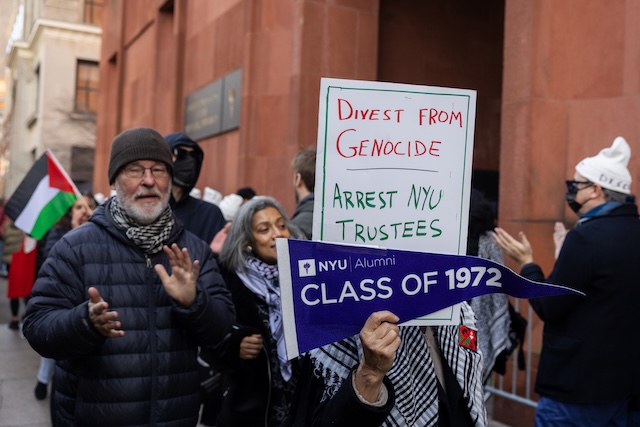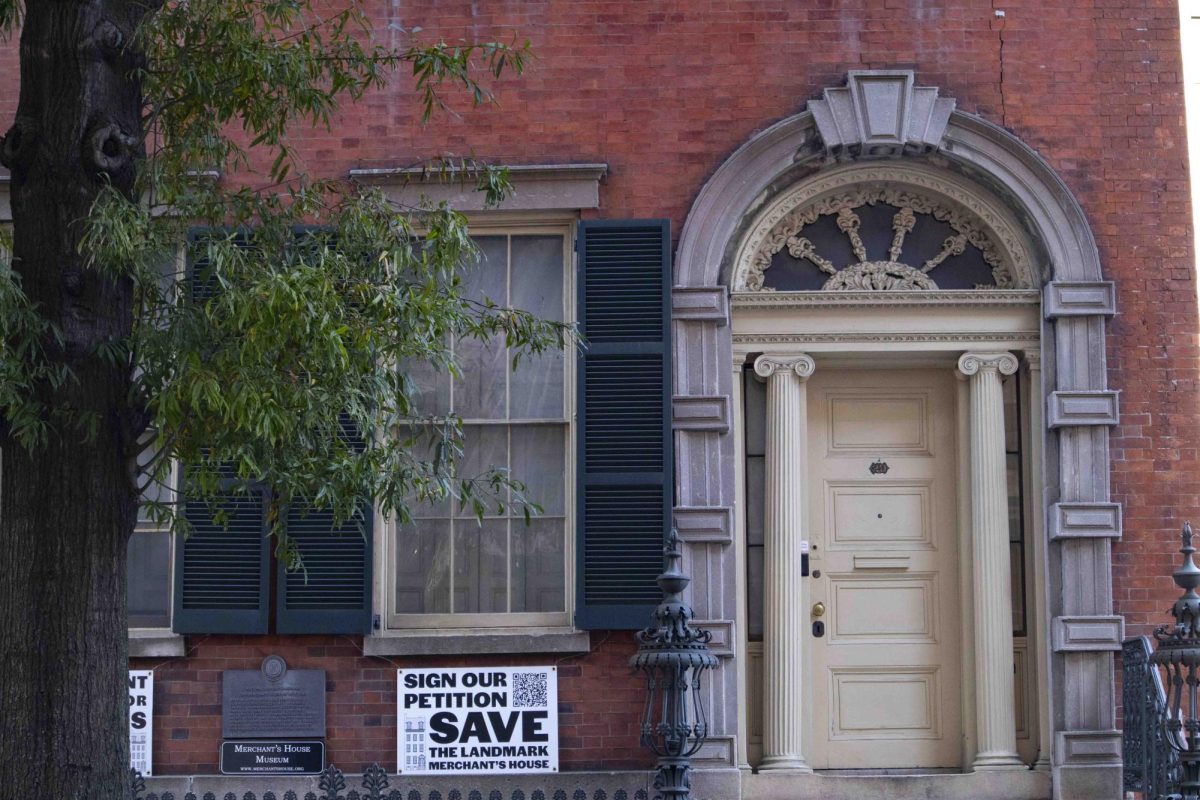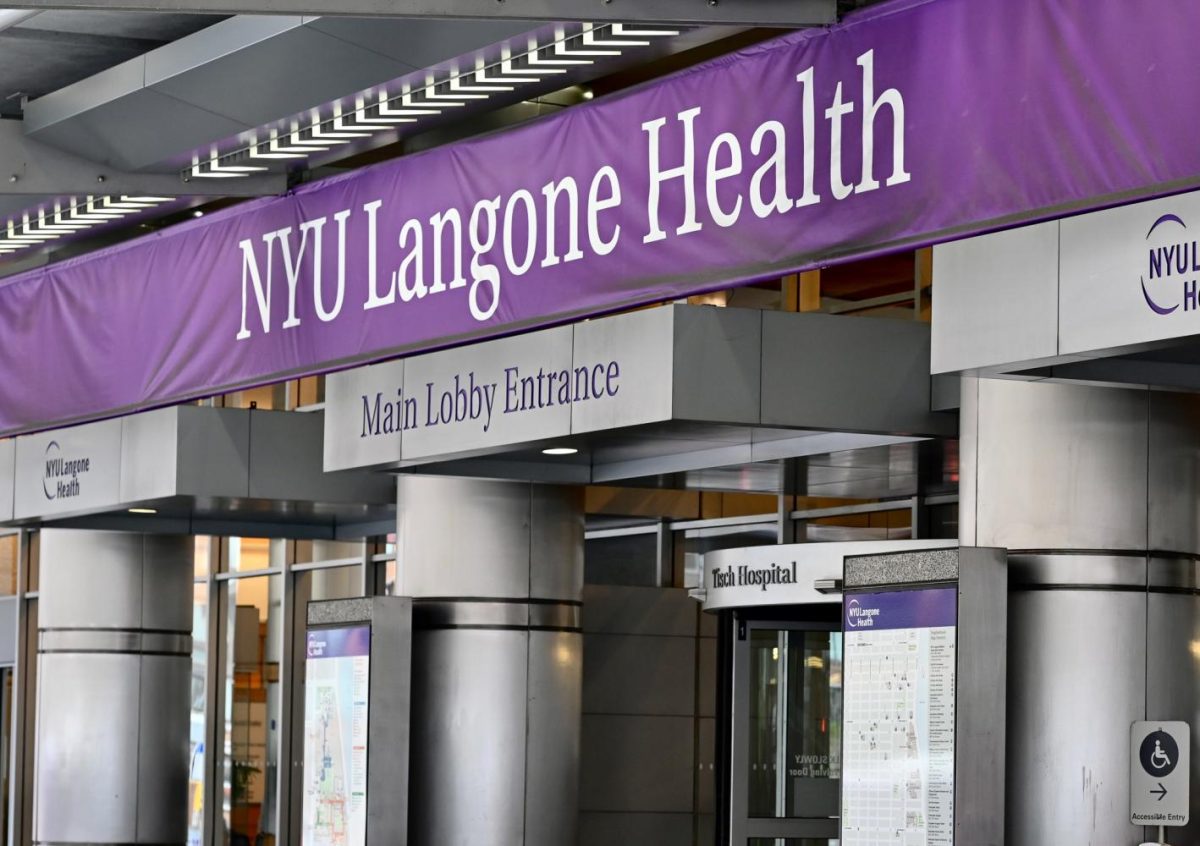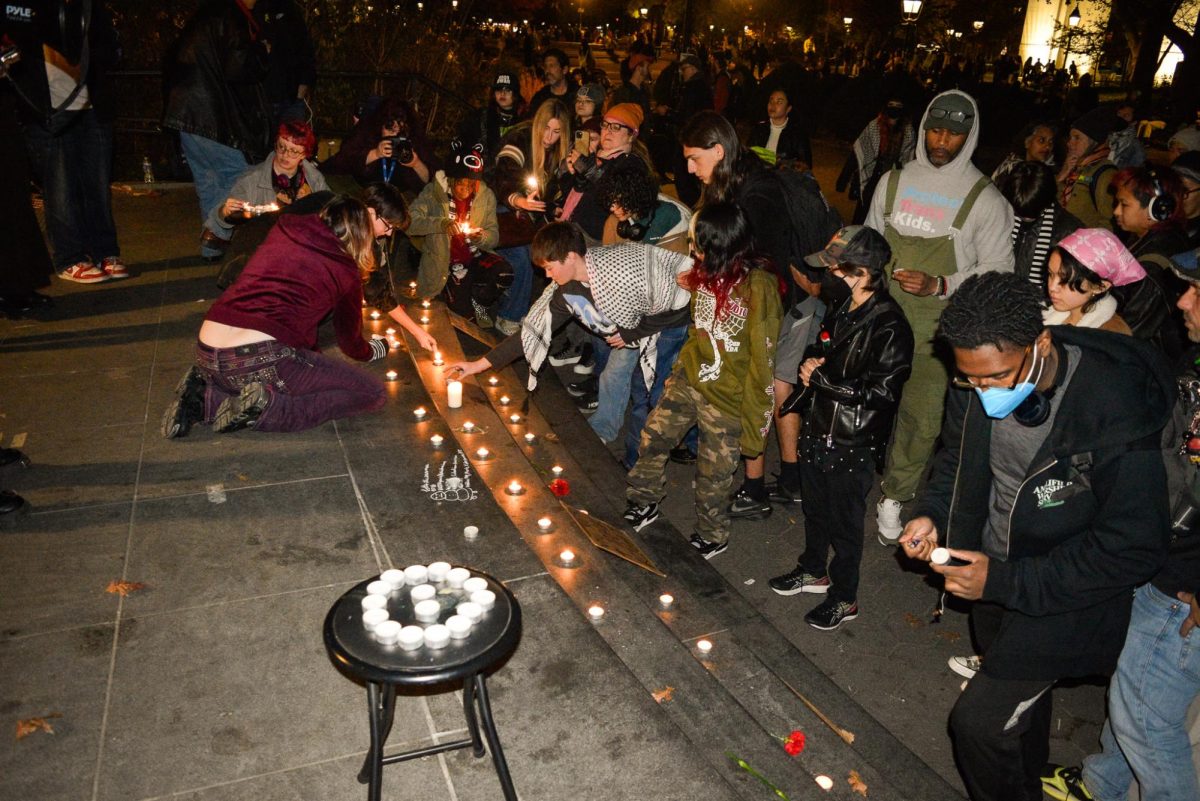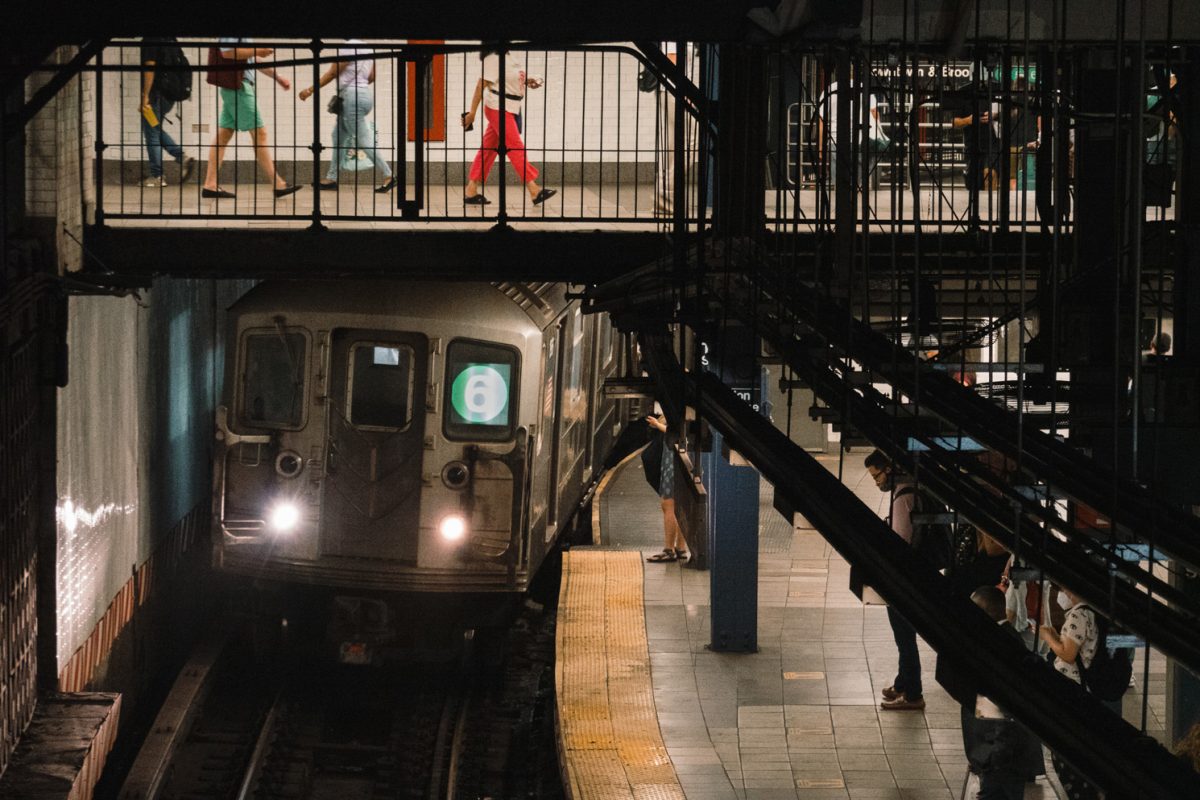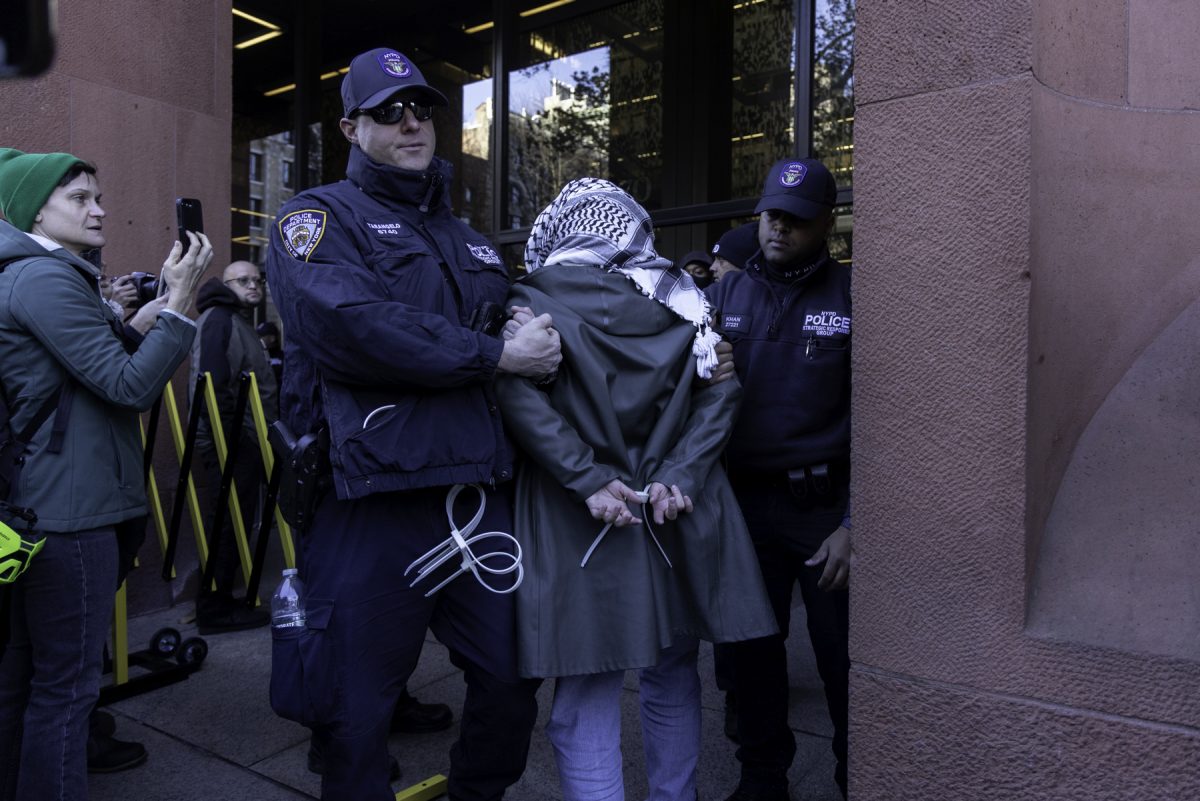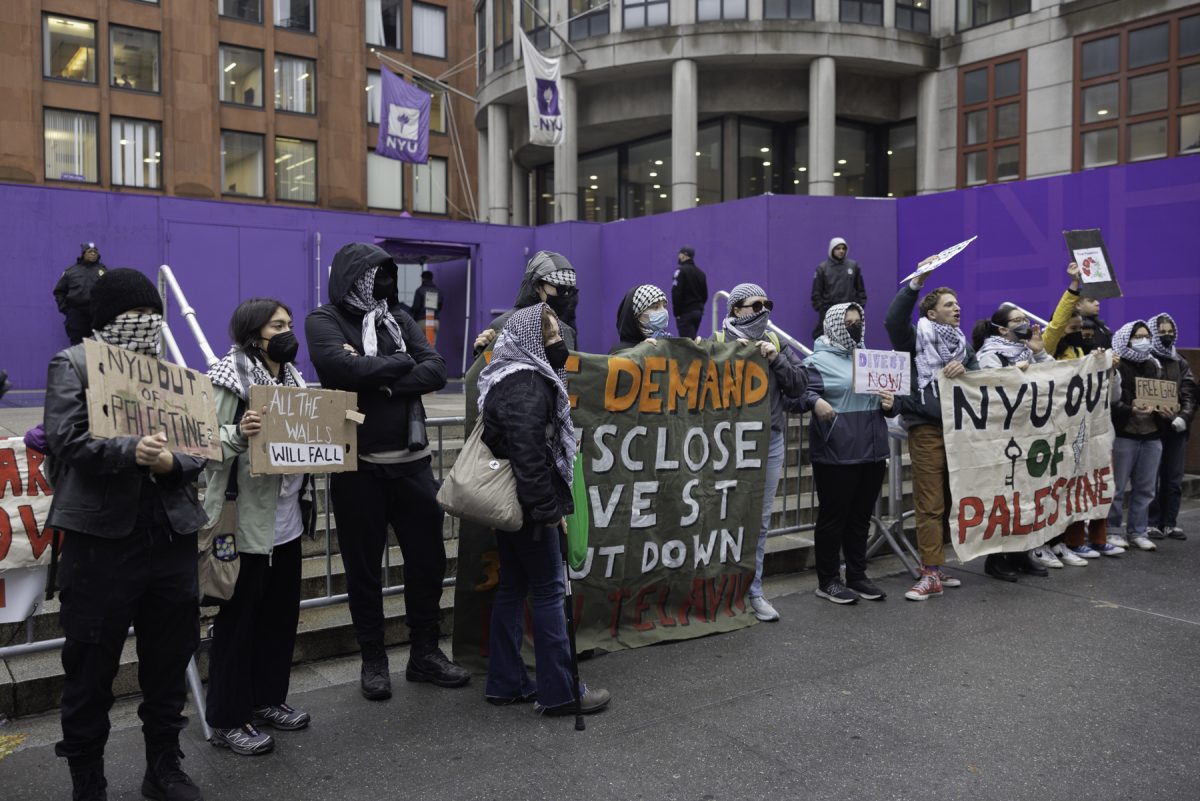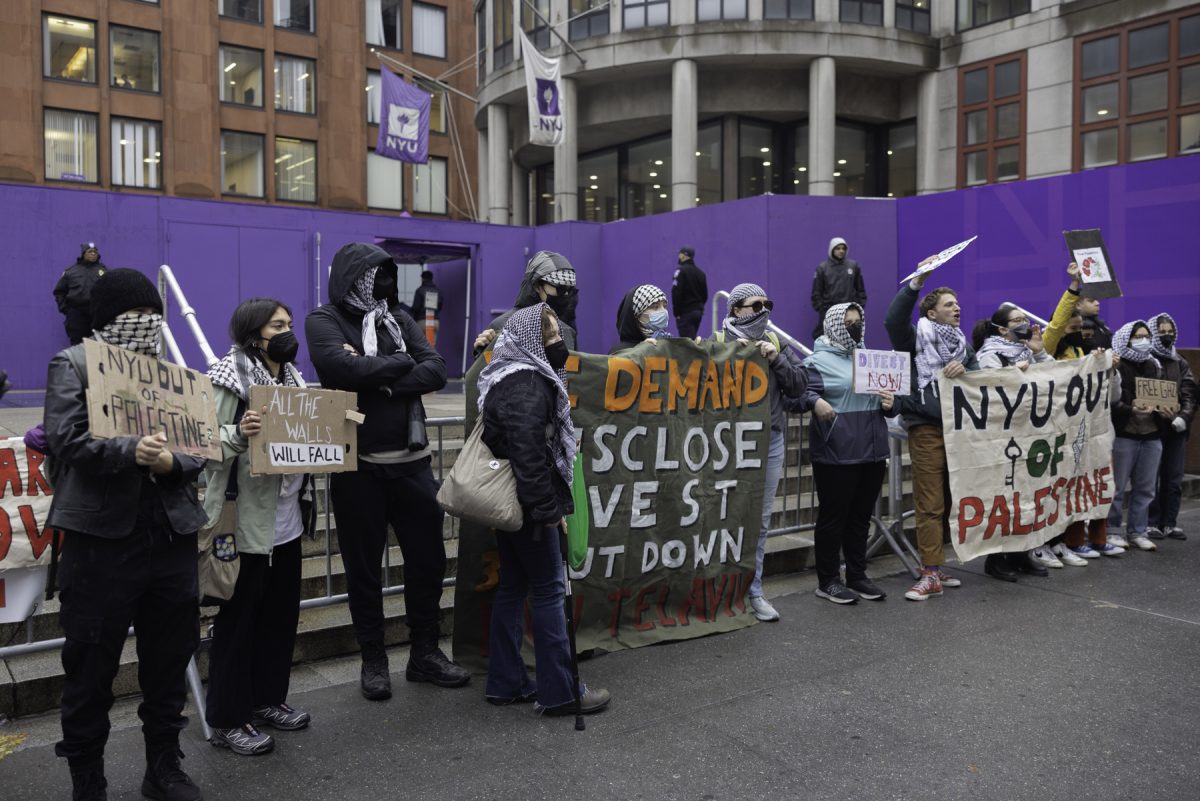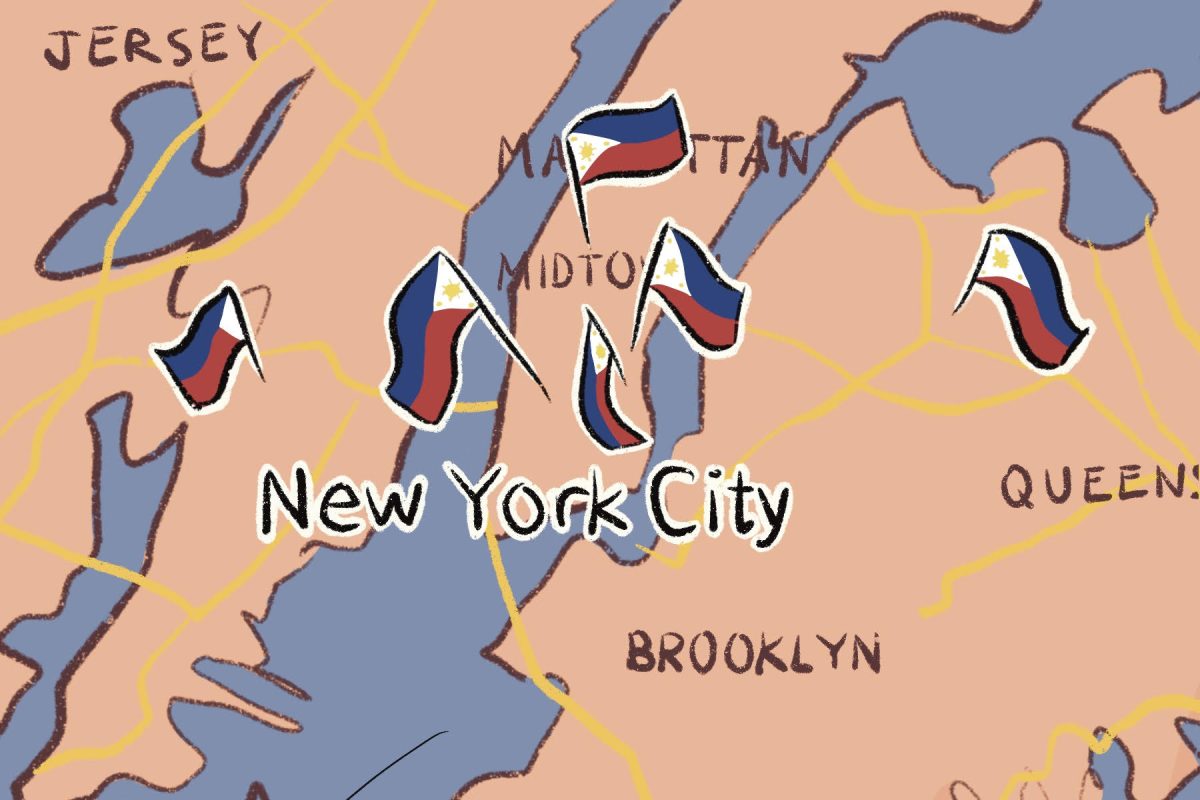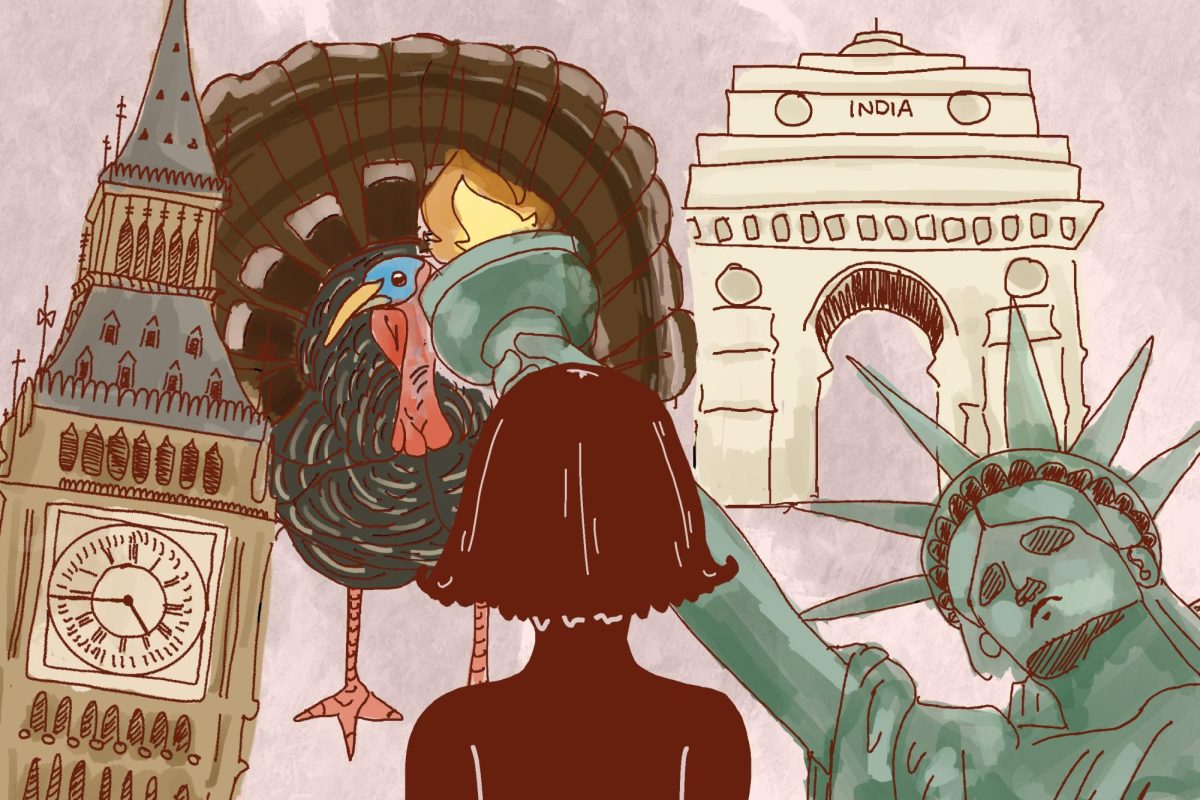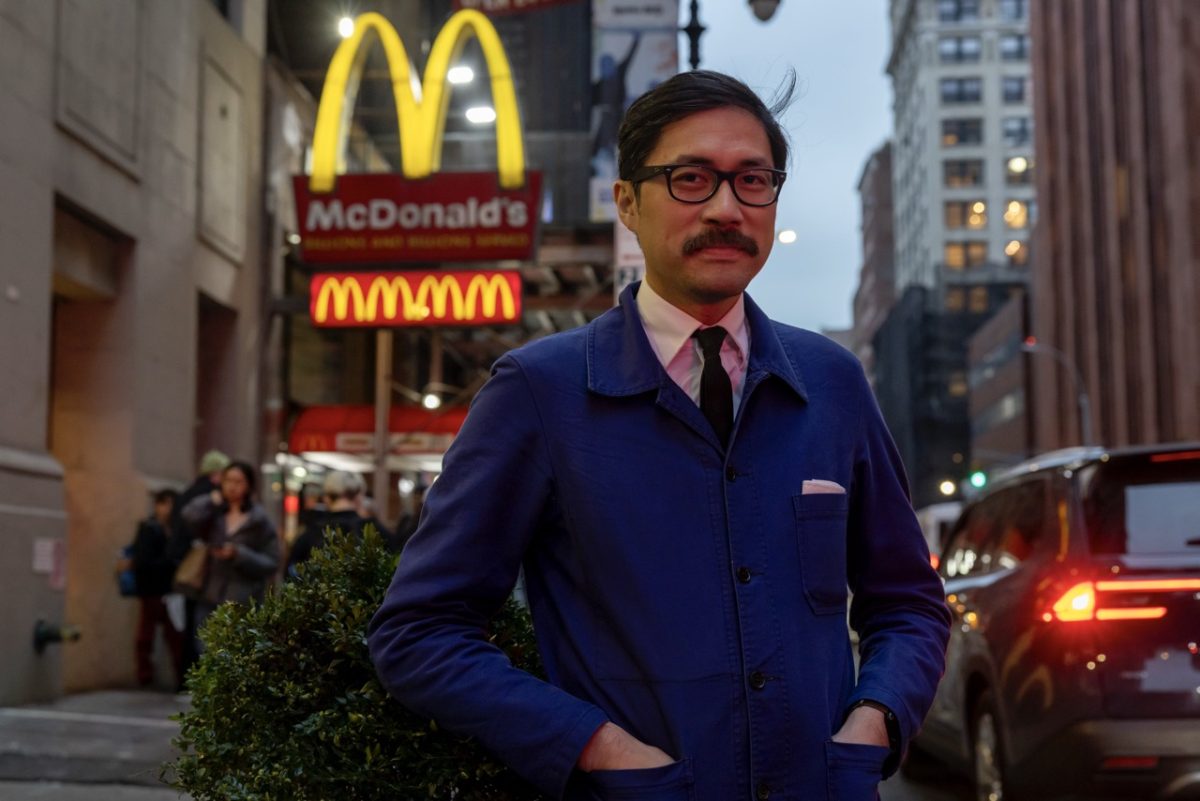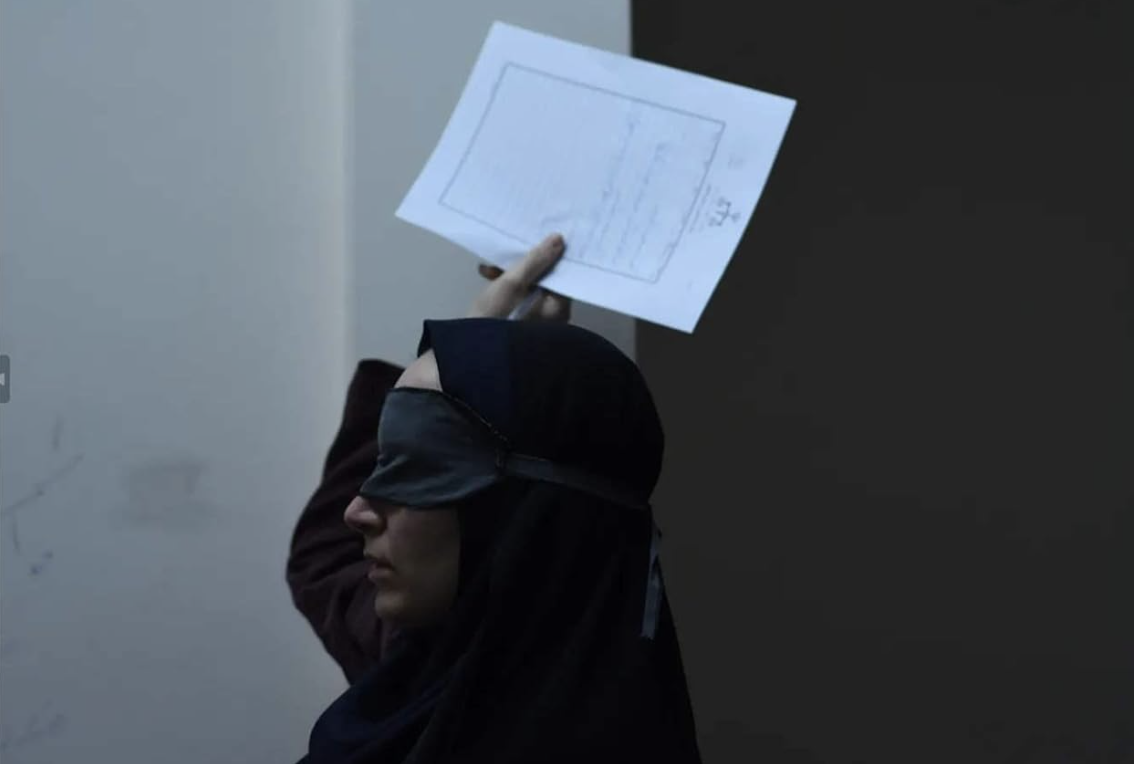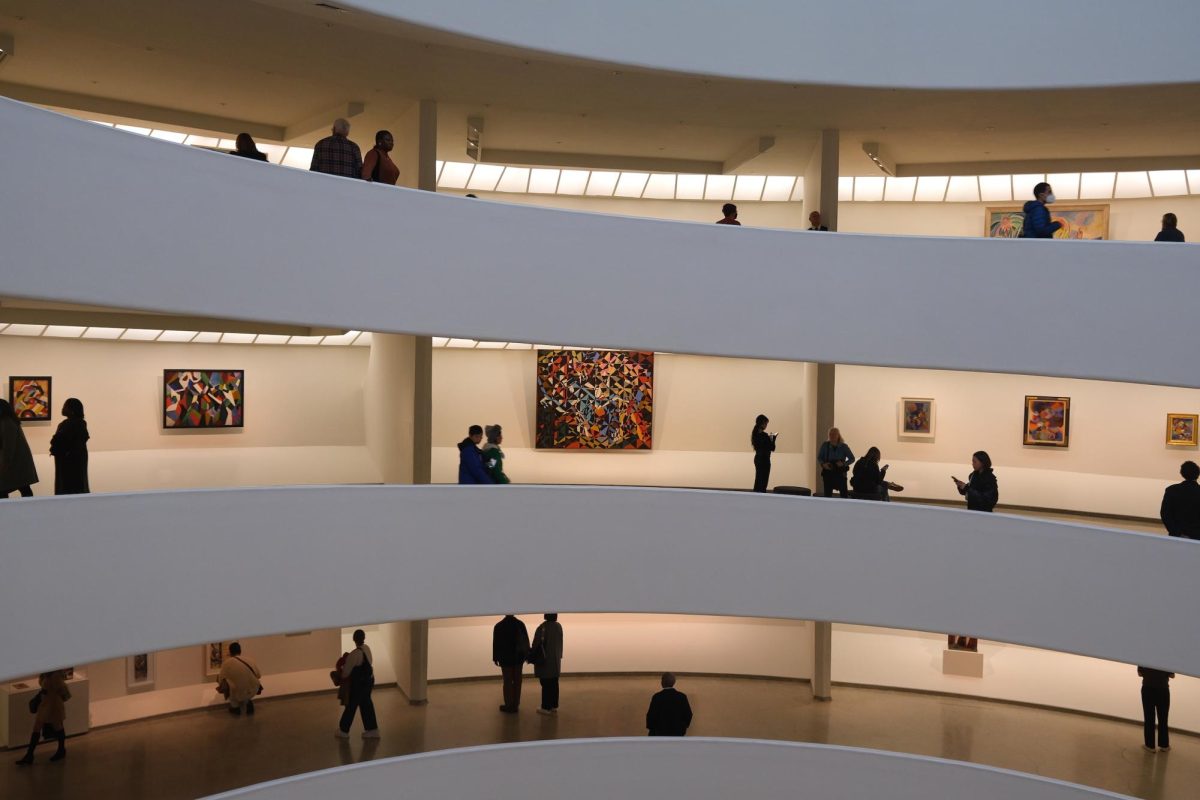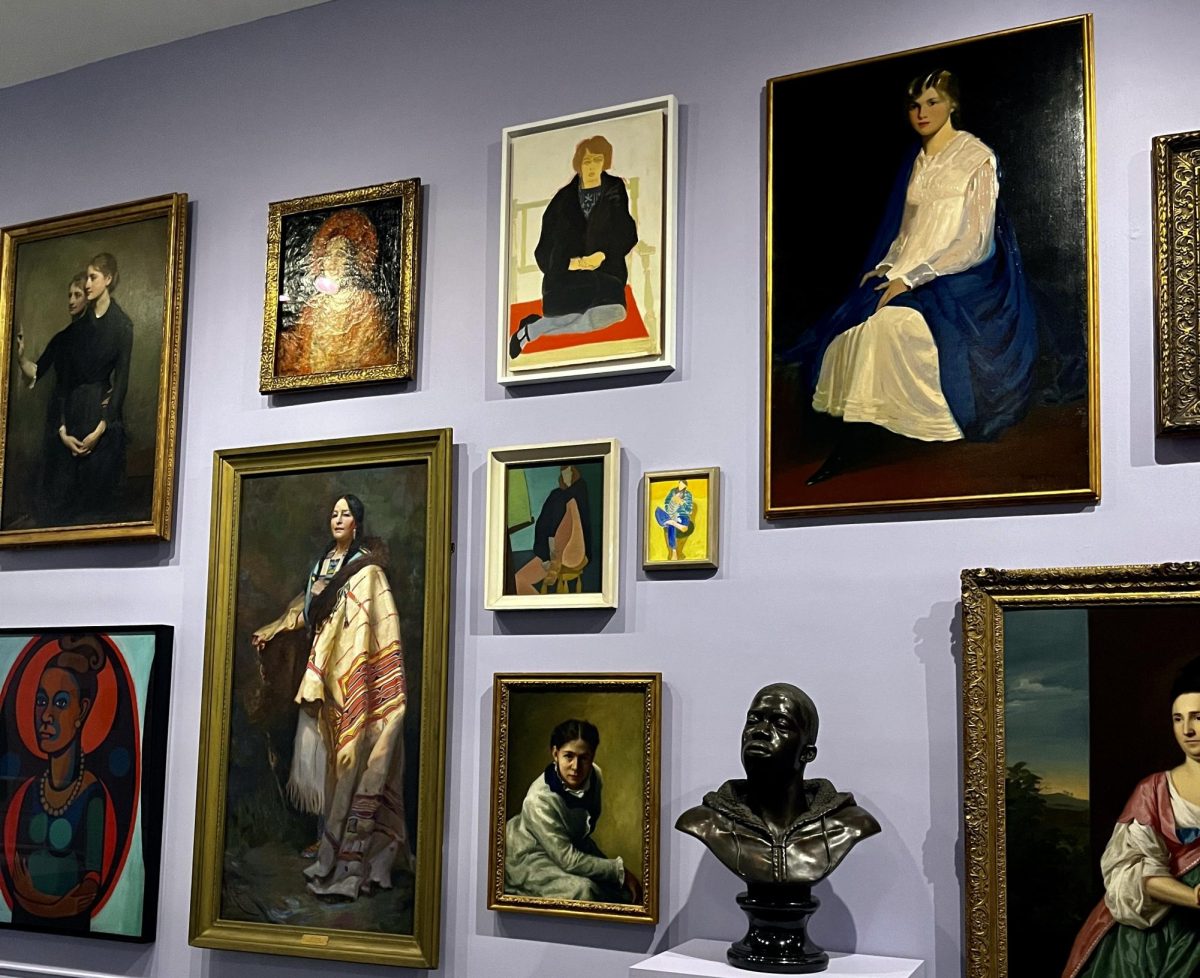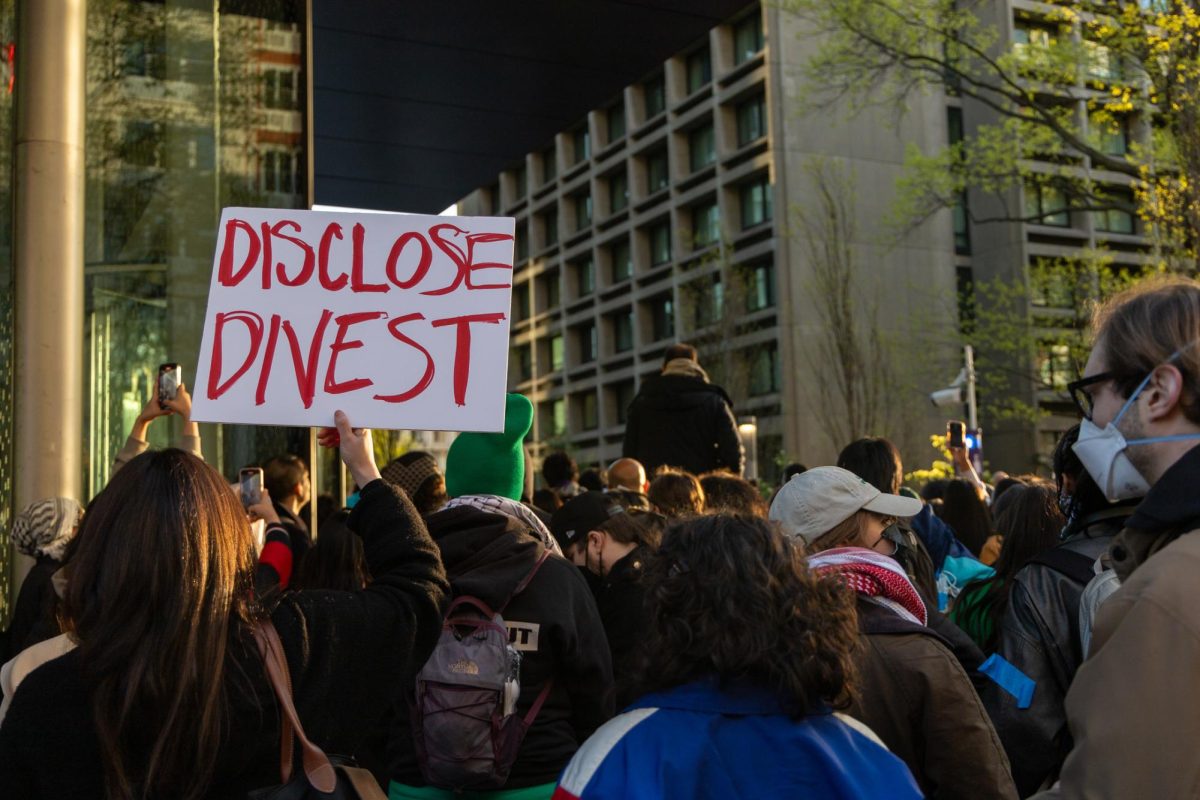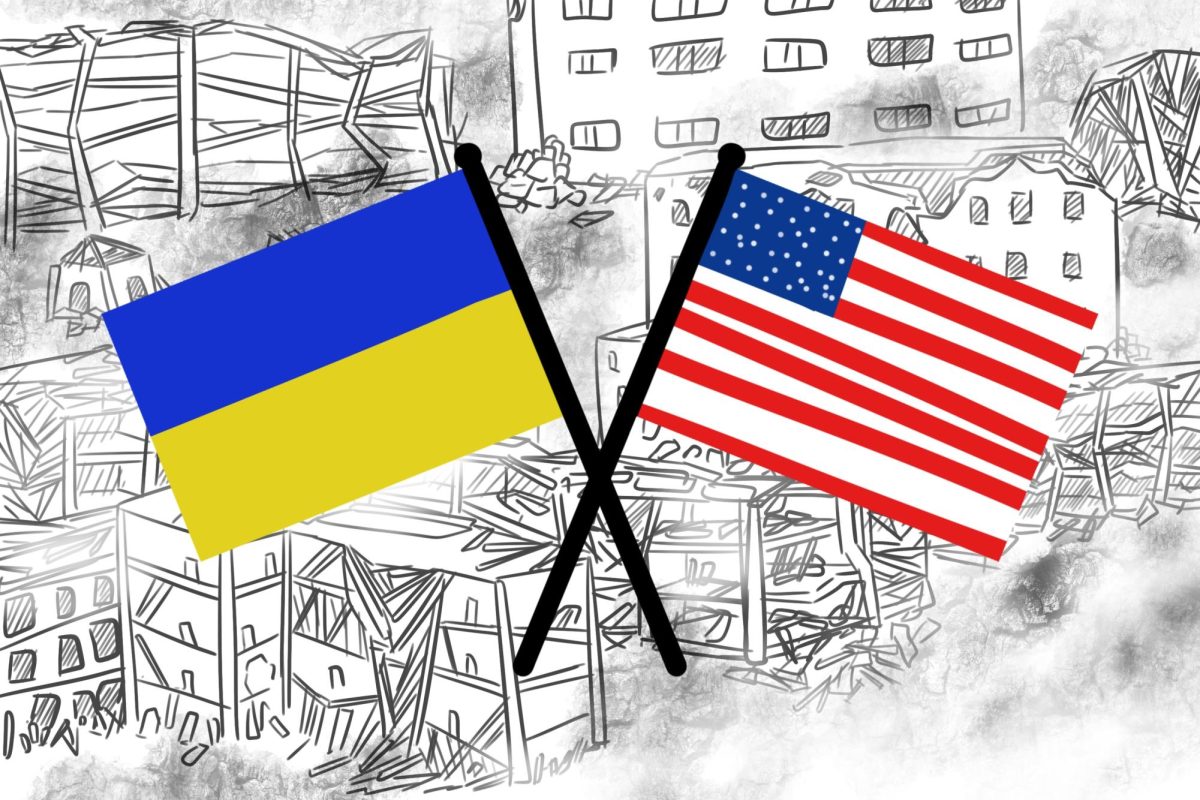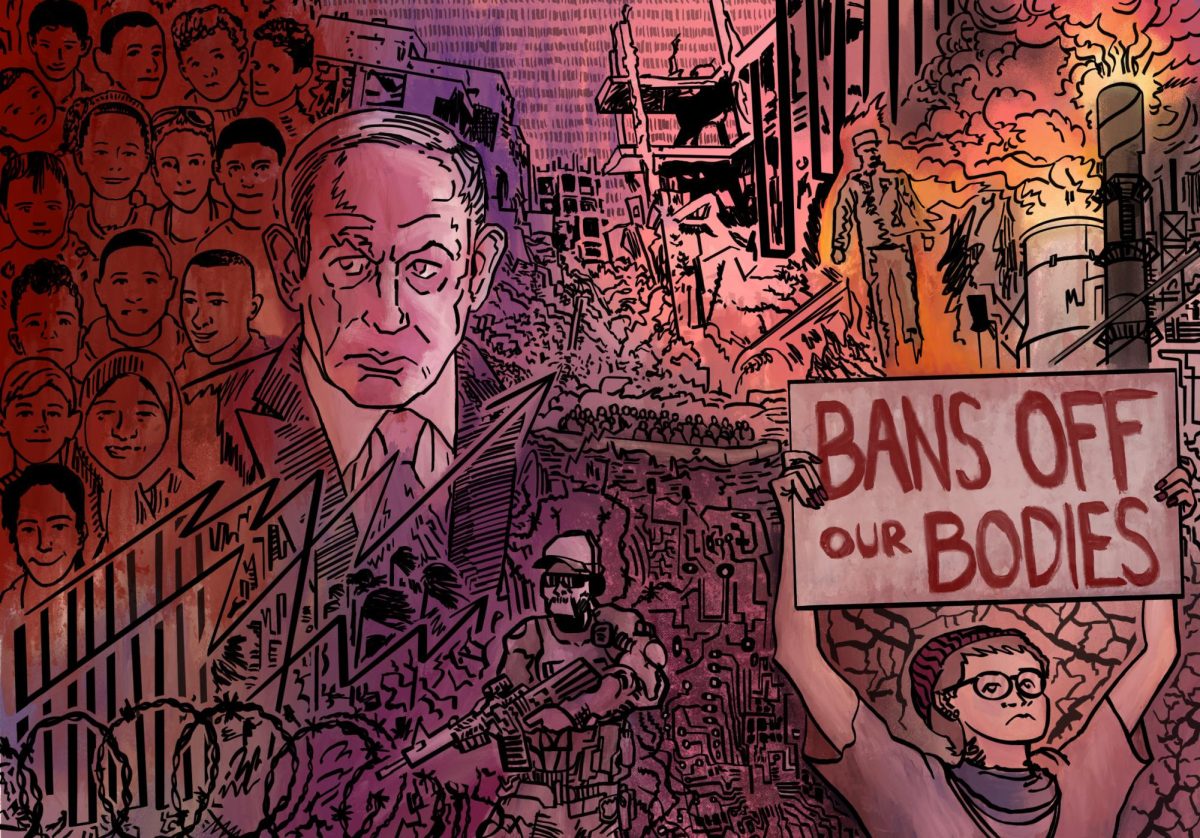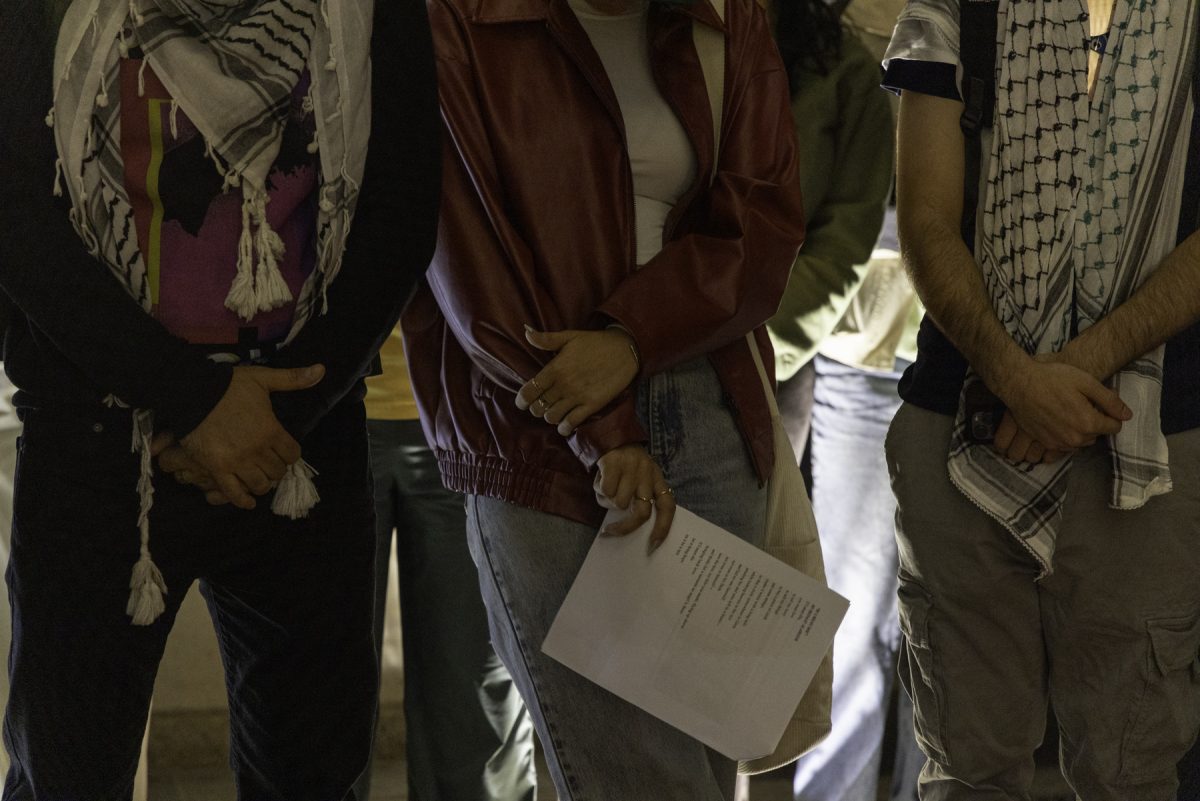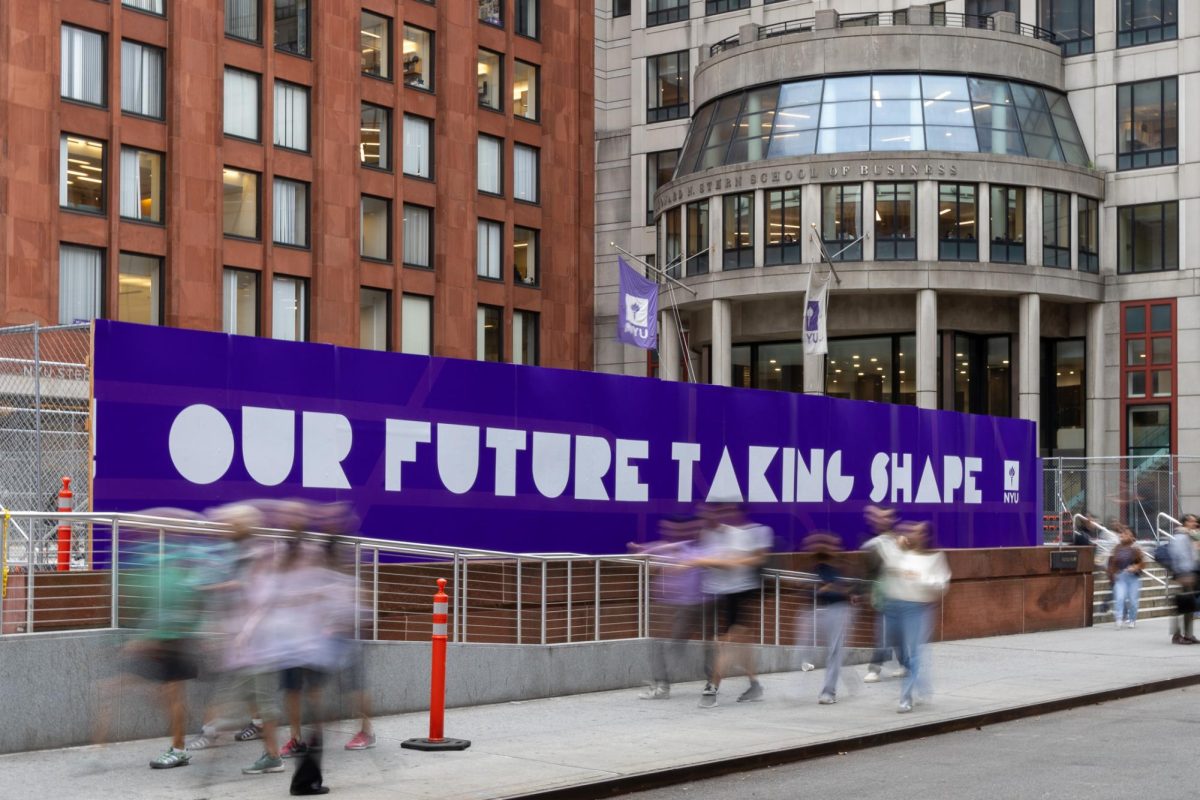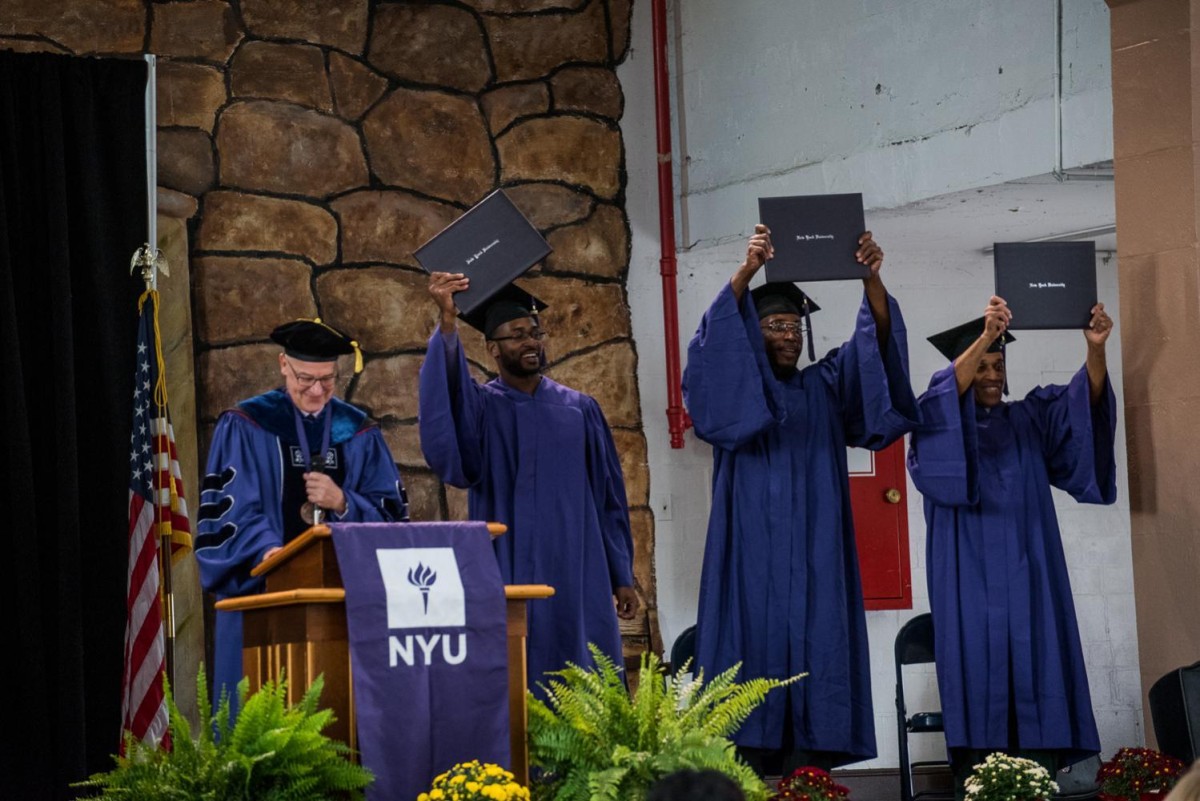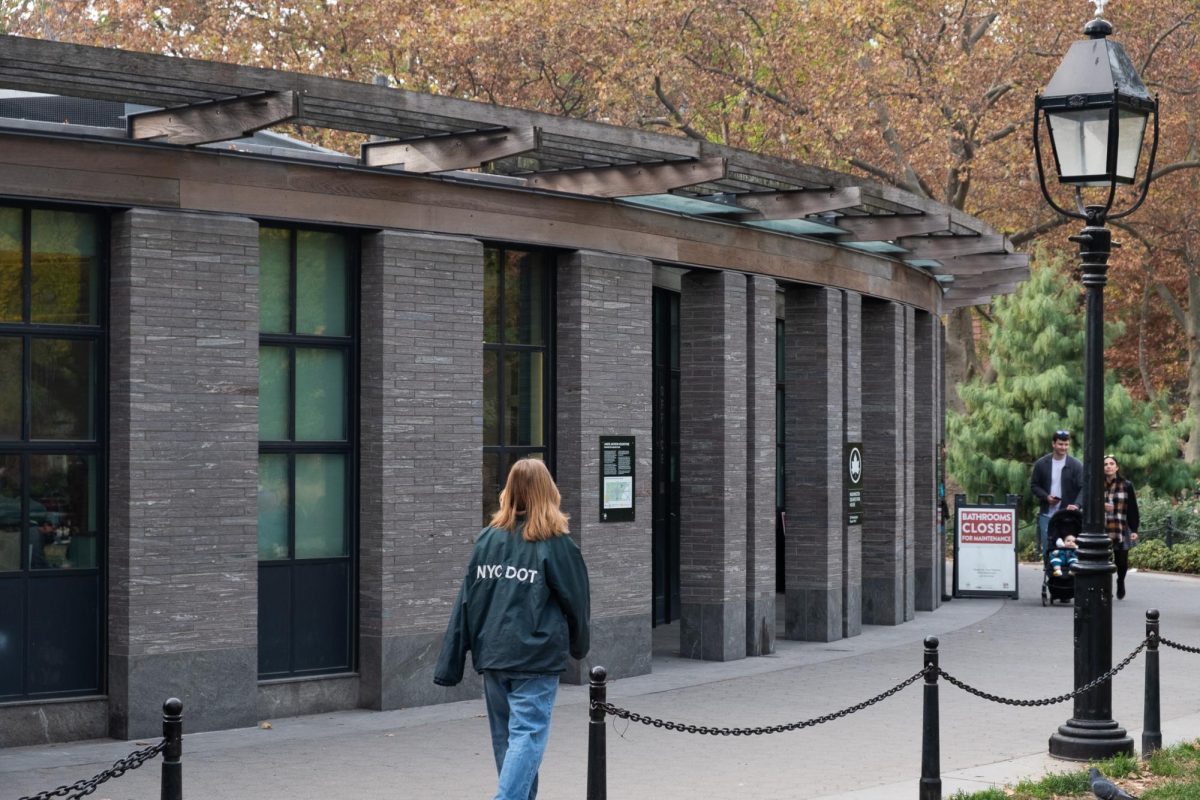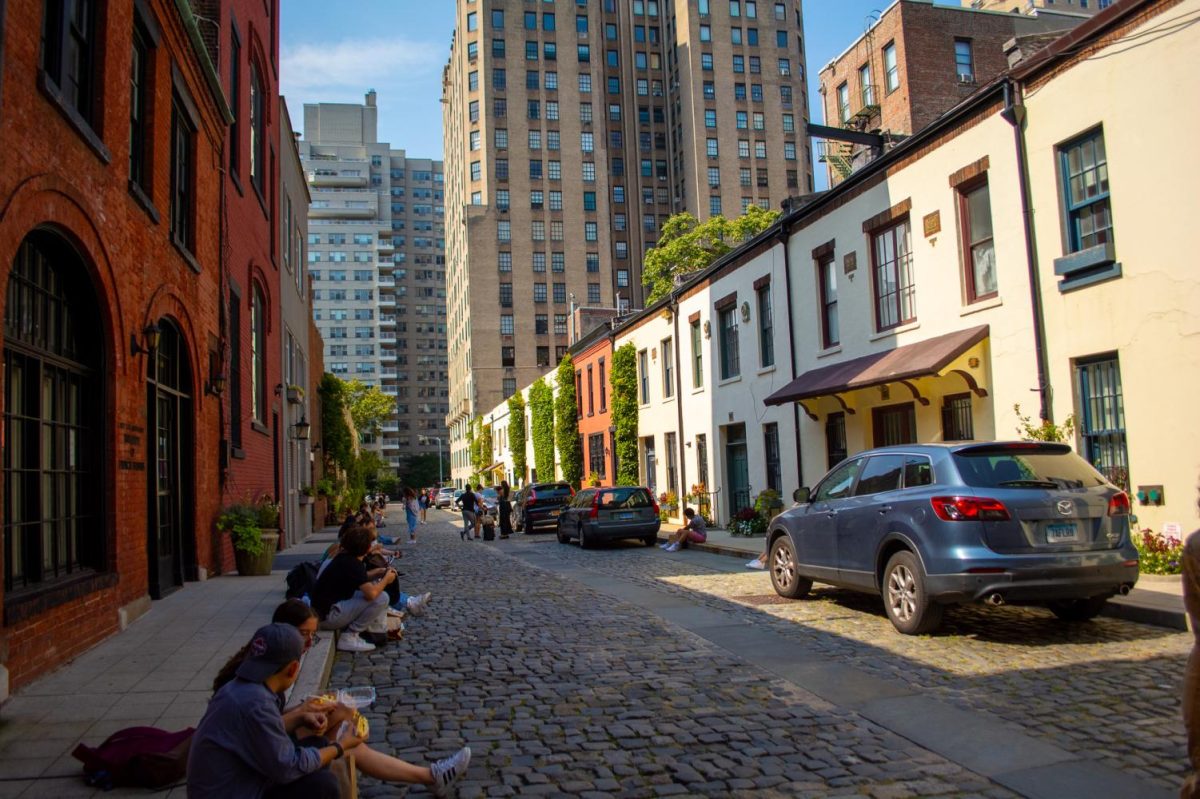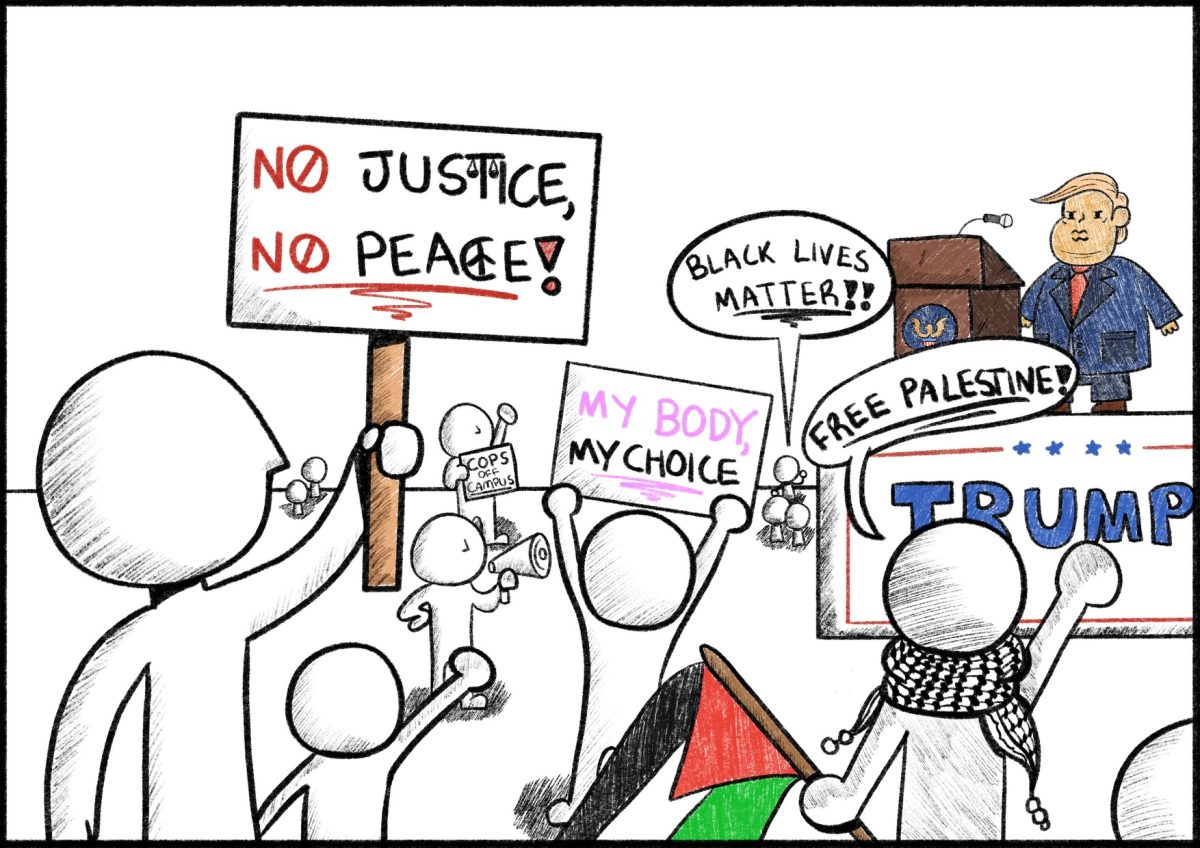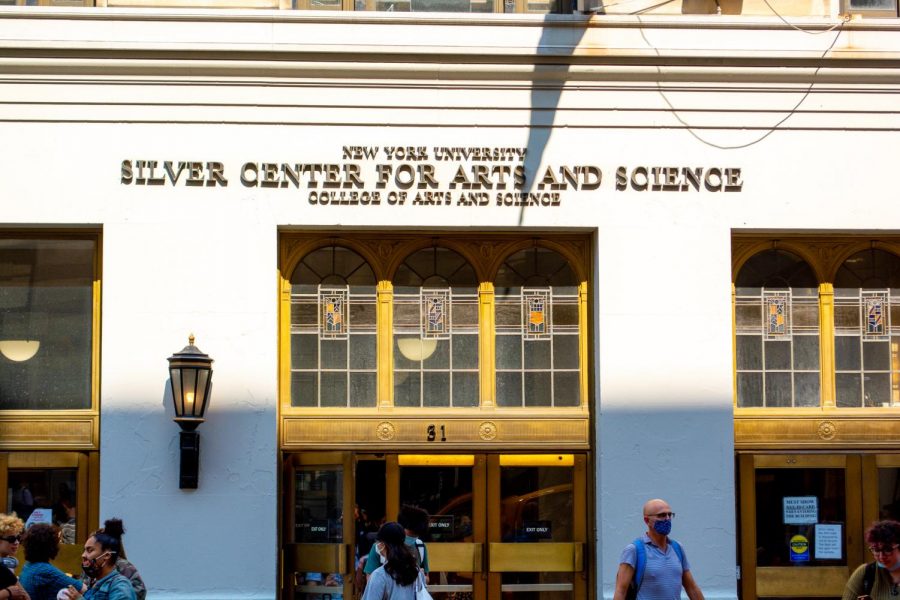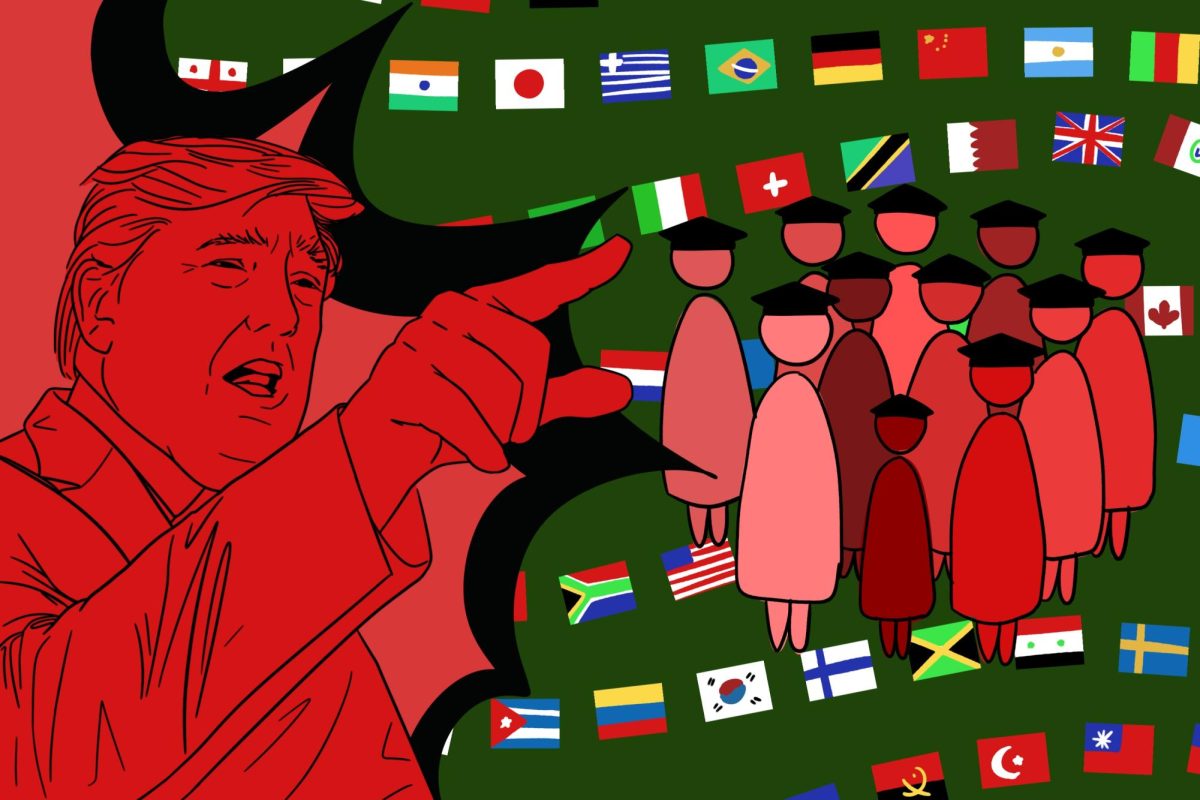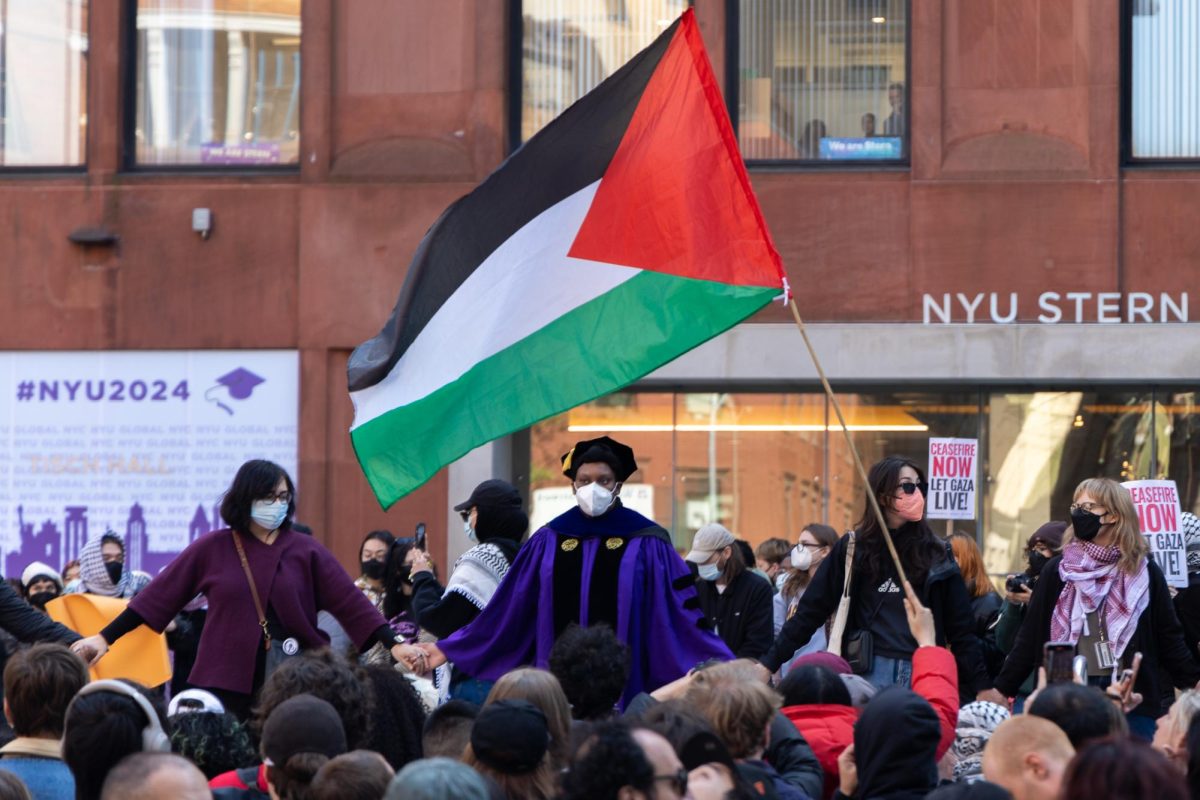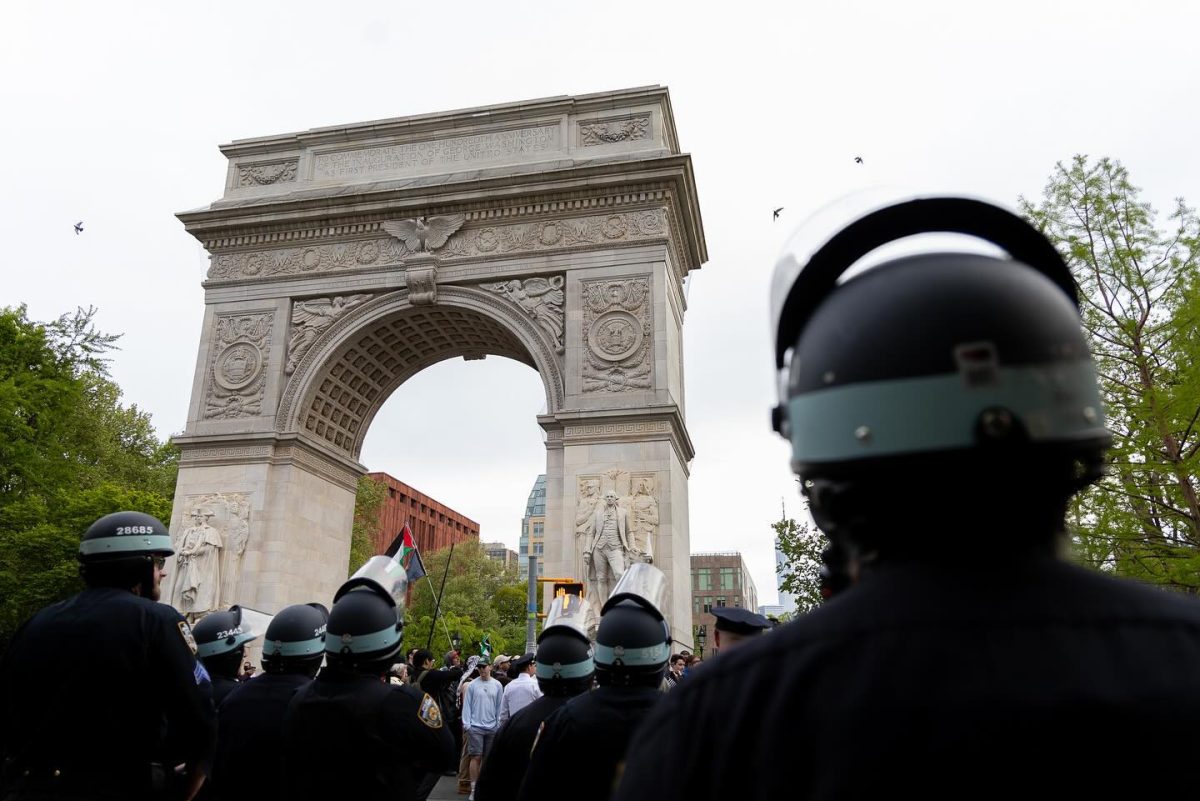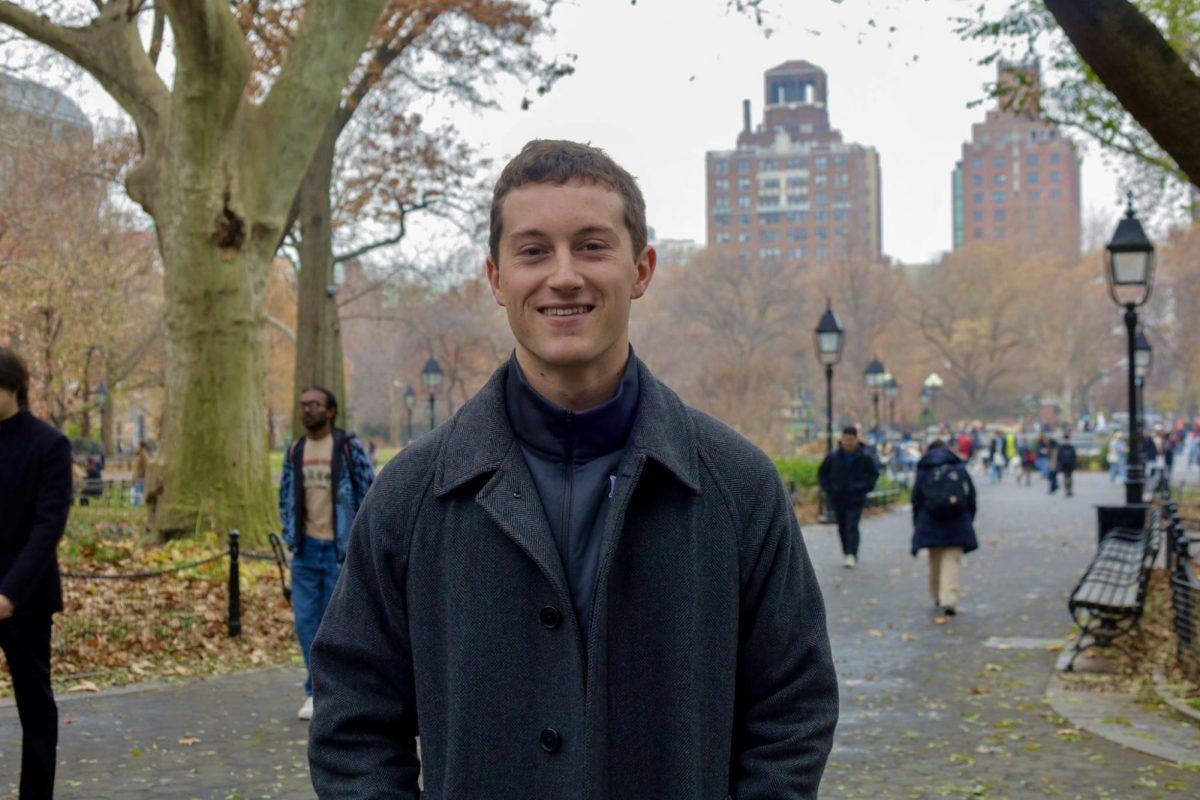Non-citizen voting step in right direction
March 26, 2015
The New York City council is currently drafting a bill that will allow non-citizens with legal immigration status to vote in municipal elections. If passed, New York City would become the largest of just eight jurisdictions in the nation that permit non-citizens to vote. The proposal is being spearheaded by councilman Daniel Dromm from Queens, who stated that discussions with the mayor will likely begin soon. Given that immigrants make up approximately 37 percent of New York City’s population, this change will have a large impact, hopefully making elections more representative of the city’s demographics.
The bill only applies to New York City residents with legal immigration status who have lived here for at least six months. It has the potential to enfranchise a staggering 1 million non-citizens. Considering there were 4.6 million New Yorkers registered to vote last year, this could drastically affect the outcomes of city elections for the mayor, comptroller, public advocate, borough president and council. All residents, including immigrants, deserve a say in who fills these local offices, especially since these officials are far more accessible than those on a state or federal level.
A recent New York City version of this bill died in 2013 when it was opposed by then-Mayor Michael Bloomberg. The council largely supported the bill, but it was never brought to the floor by former-Speaker Christine Quinn. Mayor Bill de Blasio has not blatantly supported the new version, but is “open to a ‘conversation’ with proponents,” according to Newsday. Republican council members oppose the idea, but they represent a small minority at 3 of the 51 members. Until 2002, all New York City parents were permitted to vote in community school board elections, even without legal immigration status. Other policies allowing non-citizens to vote were not uncommon until an anti-immigration campaign in the 1920s. Before this, 40 states and territories allowed it.
Granting voting rights to these New York City residents will give them a sense of belonging and recognition within their communities. Many major industries that contribute to the city’s economy — including information technology and finance — hire talents from around the world. All green card holders are required to pay federal taxes, and all residents pay indirect taxes like sales tax by default. Municipal voting regulations must consider the vast diversity and opinions of all community members, especially those who are impacted by city policies.
An ideal representative democracy is 100 percent reflective of its constituents, and while that may be impossible, granting non-citizens the right to vote in municipal elections is a step in the right direction. After all, they are the residents of the city and have a right to play a role in deciding who will lead them.
A version of this article appeared in the Thursday, March 26 print edition. Email the WSN Editorial Board at [email protected].

